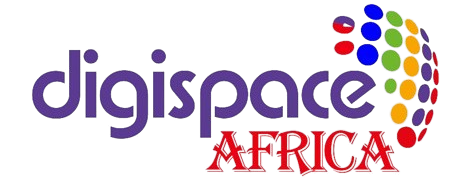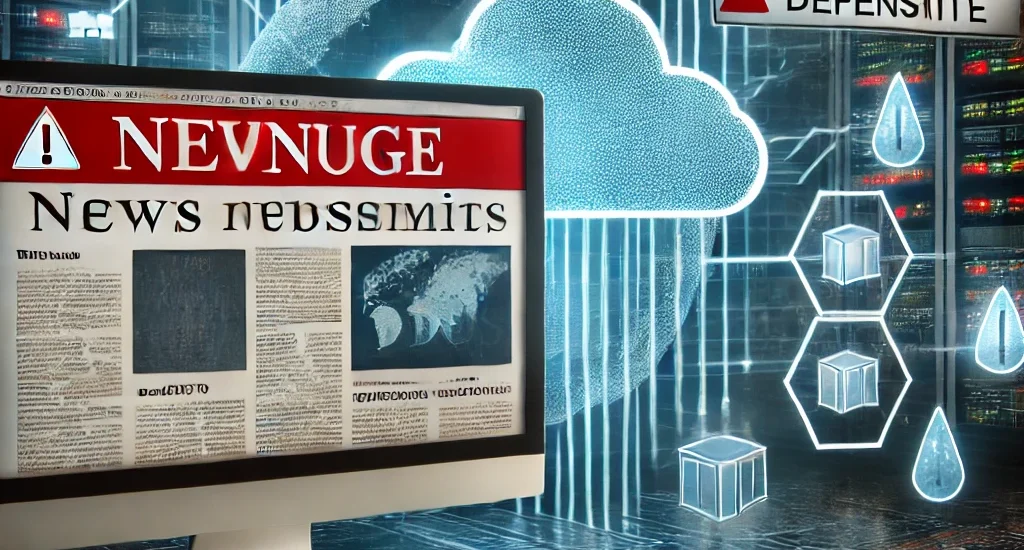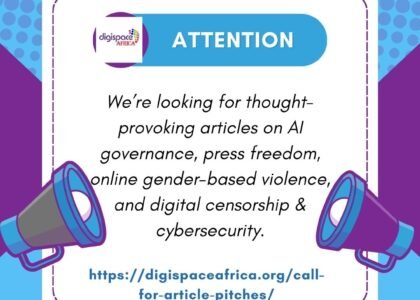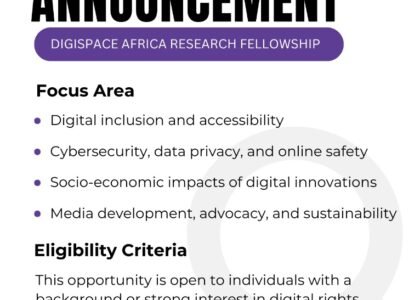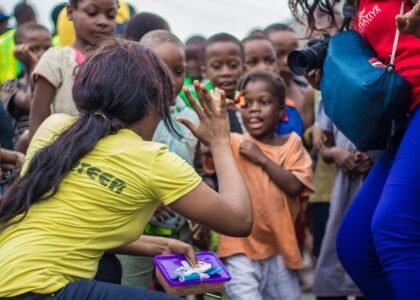In today’s digital age, journalists in Africa face numerous threats, including government surveillance, censorship, hacking, and data breaches. These risks make it crucial for them to adopt strong digital security measures to protect themselves and their sources. One of the most important aspects of digital security is secure communication. Messaging apps like Signal offer end-to-end encryption, ensuring that only the sender and recipient can read messages. It also provides features like disappearing messages, which are useful in sensitive situations. While WhatsApp also offers encryption, it has had security vulnerabilities in the past, making it less reliable for highly confidential conversations. To further safeguard their data, journalists should use two-factor authentication (2FA) with tools like Google Authenticator to add an extra layer of protection to their accounts. This prevents unauthorized access, even if a password is compromised. Another crucial step is full-disk encryption, which protects stored data in case a device is lost or stolen.
Since many African countries have restrictions on internet access and online content, journalists often need tools to browse the internet securely and bypass censorship. Tor Browser allows for anonymous browsing by routing internet traffic through multiple servers, making it difficult to trace a user’s activities. Virtual Private Networks (VPNs) are also essential, encrypting internet connections to protect against surveillance and censorship. However, it’s important to choose reputable VPNs, as some free services may log user data or be compromised by authorities. In countries like Ethiopia, where internet shutdowns are frequent, journalists rely on VPNs and offline communication tools to stay connected.
News websites and blogs run by investigative journalists are also common targets of Distributed Denial of Service (DDoS) attacks, which attempt to overwhelm a site and take it offline. Using services like Cloudflare or Google’s Project Shield can help mitigate these attacks, ensuring that independent media platforms remain accessible. A good example is how the investigative outlet Premium Times in Nigeria has faced cyberattacks but continued reporting by implementing strong security measures.
By taking these precautions, African journalists can better protect themselves against digital threats, ensuring their ability to report freely and securely. With increasing government scrutiny and cyber threats, integrating these tools into daily workflows is no longer optional—it’s a necessity.

